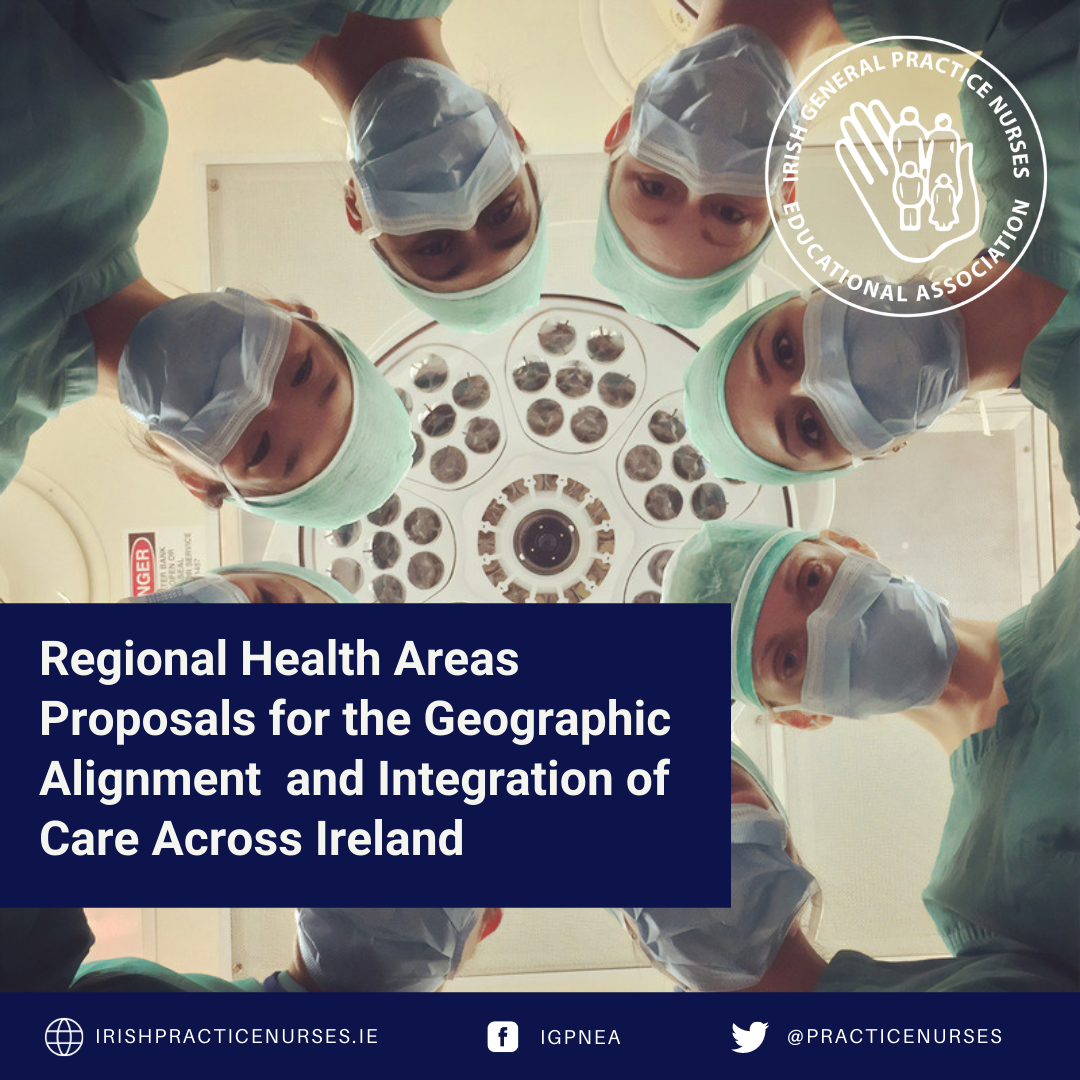
The Minister for Health Stephen Donnelly has announced government approval for the next steps for the implementation of Regional Health Areas (RHA)s.
RHAs will plan, fund, manage and deliver integrated care for people in their region as geographically aligned, regional sub-divisions of the HSE. They will provide for the integration of hospital and community healthcare services, creating better access to services closer to home.
The establishment of RHAs is fundamental to delivering Sláintecare reform and is in line with the Oireachtas Committee on the Future of Healthcare Sláintecare Report that regional bodies should be accountable for the planning and delivery of integrated health and social care services.
Minister Donnelly said, “Regional Health Areas will ensure the alignment of hospital and community healthcare services at a regional level, based on defined populations and their local needs which delivers on the Sláintecare vision of an integrated health and social care service. This government decision marries the benefits of a centralised delivery structure with more agile, innovative, and locally-informed decision-making.”
“The implementation of Regional Health Areas and the introduction of population-based service planning are changes which will bring many benefits for both patients and staff. Our health and social care workers have been heroic in their pandemic response, putting their own lives on the line to care for patients’ needs time and time again. They now need us to support and resource empowering reforms such as RHAs across the system to make their working lives easier and to maximise their efforts in the care of their patients.”
The Minister continued, “this will allow for the alignment of services where patients and staff feel safe, supported, and well-informed at all points in their care journey. Our Regional Health Areas will facilitate a community-first delivery model where care is provided as close to a patient’s home as possible. Today heralds an important step to creating a more devolved, integrated, and truly accountable health service, one that is person-centred, logically aligned, and better equips our health and social care professionals to plan and deliver services around the needs of our people today, tomorrow, and into the future.”
Leo Kearns, Chair of the Regional Health Areas Advisory Group said, “as well as enabling the integration of community and acute care, RHAs aim to empower local decision-making and support population-based service planning. Following today’s government decision, RHAs will enable a devolved service delivery framework with a view to strengthening clear corporate and clinical governance. This will ultimately strengthen our health and social care service, leading to improved patient experience as well as access to healthcare closer to home. RHAs will have a “one budget, one system” approach, with improved accountability and governance, more equitable resource allocation, and strengthened clinical governance.”
The government decision will facilitate the introduction of one population-based budget per region and a clearly identifiable head of health and social care per region, operating as part of a strengthened national health and social care service. These new reporting arrangements will replace existing structures and reporting arrangements. Government also today agreed that existing Hospital Groups and Community Healthcare Organisations will eventually be stood down to facilitate RHA implementation, as recommended by the Oireachtas Committee on the Future of Healthcare Sláintecare Report.
Nominated leads have been already appointed from the HSE and the Department of Health to a joint RHA Implementation Team. This team has responsibility for drafting a detailed RHA implementation plan, and also includes representation from the Department of Children, Equality, Disability, Integration and Youth, in light of the transfer of policy responsibility for disability services.
The RHA implementation plan will include comprehensive and meaningful reform, communication, stakeholder engagement, and a focus on timely delivery that minimises disruption to services and direct costs.


